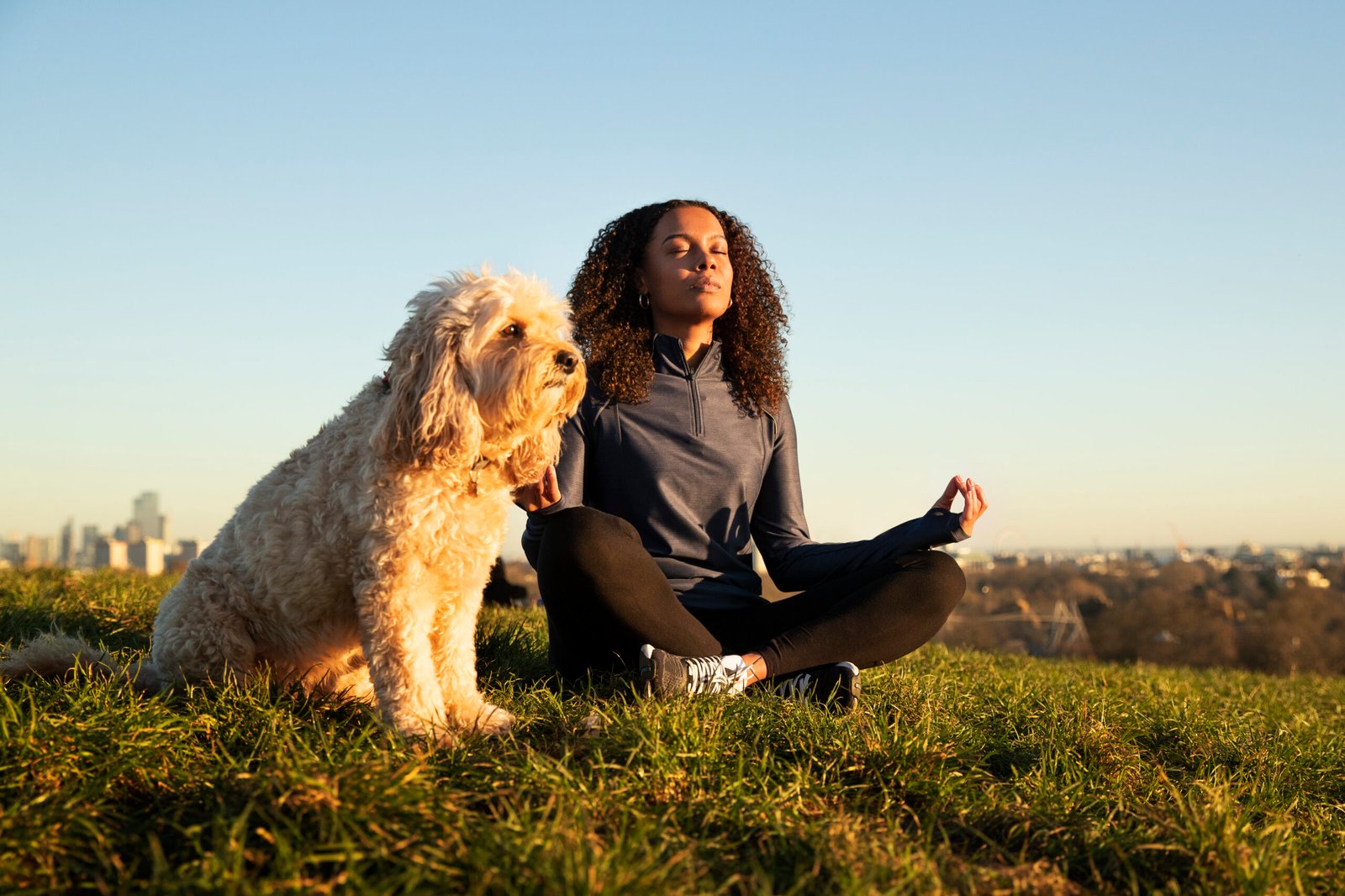The Importance of Exercise for Dogs: Keeping your furry friend fit and happy

The Importance of Exercise for Puppies: Keeping Your Furry Friend Fit and Happy
Introduction
Welcome to a comprehensive guide on the significance of exercise for your furry bundle of joy – your puppy! In this article, we’ll delve into why exercise is crucial for your puppy’s physical and mental well-being and how you can ensure they lead a healthy, active lifestyle.
Why Exercise Matters for Puppies
Exercise plays a pivotal role in a puppy’s development. It helps in the proper growth of muscles, bones, and joints, strengthens the cardiovascular system, improves coordination, and aids in maintaining a healthy weight. Beyond physical benefits, regular exercise also stimulates their minds, prevents boredom, and reduces the likelihood of behavioral issues such as chewing or excessive barking.
Types and Categories
Aerobic Exercise
Aerobic activities such as brisk walking, jogging, or playing fetch promote cardiovascular health and endurance in puppies. These activities also help in burning excess energy, keeping your puppy calm and content.
Anaerobic Exercise
Anaerobic exercises like sprinting or short bursts of intense activity build strength and power in your puppy’s muscles. Incorporating both aerobic and anaerobic exercises ensures a well-rounded fitness routine.
Symptoms and Signs
Lack of Exercise
Signs that your puppy isn’t getting enough exercise include weight gain, restlessness, destructive behavior, and attention-seeking actions. Regular physical activity can alleviate these symptoms and promote a harmonious relationship between you and your pet.
Over-Exercise
On the flip side, over-exercising can lead to exhaustion, dehydration, and even injuries in puppies. It’s essential to strike a balance and tailor their exercise regimen according to their age, breed, and overall health.
Causes and Risk Factors
Sedentary Lifestyle
In today’s sedentary lifestyle, puppies often lack the opportunity for natural movement and exploration, leading to various health issues. Lack of exercise can also contribute to obesity, which increases the risk of other health problems such as diabetes and joint issues.
Environmental Factors
Environmental factors like living in a small apartment or having limited outdoor space can hinder a puppy’s ability to engage in physical activities. However, with creativity and commitment, you can find ways to incorporate exercise into their daily routine regardless of your living situation.
Diagnosis and Tests
Observation
Observing your puppy’s behavior and energy levels can provide valuable insights into their exercise needs. If you notice any unusual lethargy or reluctance to move, it’s essential to consult your veterinarian to rule out any underlying health issues.
Physical Examination
During routine veterinary visits, your veterinarian will assess your puppy’s overall health, including their weight, muscle tone, and joint health. They can offer personalized recommendations regarding exercise based on your puppy’s age, breed, and health status.
Treatment Options
Structured Exercise Routine
Developing a structured exercise routine tailored to your puppy’s age, breed, and energy level is crucial for their overall well-being. Incorporate a mix of aerobic and anaerobic activities, ensuring gradual progression to prevent injuries.
Interactive Play
Interactive play sessions with toys such as balls, frisbees, or tug ropes not only provide physical exercise but also stimulate your puppy’s mental faculties. Engage in games that encourage problem-solving and decision-making to keep their minds sharp.
Preventive Measures
Start Early
Introducing your puppy to exercise from a young age sets the foundation for a healthy and active lifestyle. Begin with short, low-intensity activities and gradually increase the duration and intensity as they grow.
Variety is Key
Keep your puppy’s exercise routine interesting by incorporating a variety of activities such as walking, running, swimming, and agility training. This prevents boredom and ensures they remain enthusiastic about staying active.
Personal Stories or Case Studies
Bella’s Journey to Fitness
Bella, a lively Labrador puppy, struggled with weight gain and lethargy due to a lack of exercise. With consistent walks, play sessions, and dietary adjustments, Bella shed the extra pounds and transformed into a vibrant, healthy dog.
Expert Insights
Dr. Emily Johnson, Veterinarian
“Regular exercise is essential for puppies to maintain a healthy weight, prevent obesity-related health issues, and promote mental stimulation. Consult your veterinarian to design a tailored exercise plan that meets your puppy’s individual needs.”
Conclusion
In conclusion, exercise is not just a recreational activity but a fundamental aspect of your puppy’s overall health and well-being. By providing them with ample opportunities for physical activity, you’re not only keeping them fit and happy but also strengthening the bond between you and your furry companion.
Tags
What do you think?
Related Articles

Fun and Engaging Activities to Bond with Your Puppy: Building a Strong Relationship
Fun and Engaging Activities to Bond with Your Puppy: Building a Strong Relationship Introduction Welcoming a new puppy into your home is an exciting and

PROTECTION THOUSANDS OF PUPPIES: Create a safe environment for your new companion
Puppy-Proofing Your Home: Creating a Safe Environment for Your New Companion Introduction Bringing home a new puppy is an exciting time for any family. However,

Healthy Habits: A Guide to Puppy Nutrition and Diet
Healthy Habits: A Guide to Puppy Nutrition and Diet Introduction In this comprehensive guide, we delve into the realm of puppy nutrition and diet, exploring

